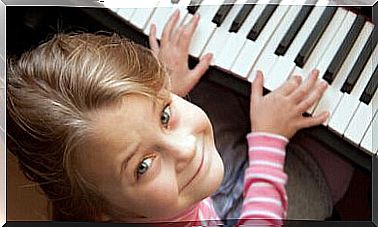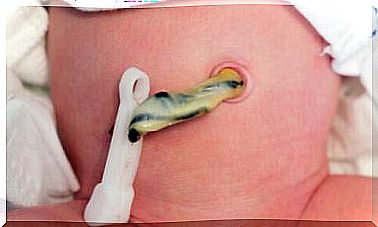Can Children Learn Two Languages at The Same Time? – Being Parents
In your opinion, is learning two languages at the same time possible? While it is true that there were many myths about it, there are fewer and fewer every day.
It has been proven that children have no problems and that, contrary to popular belief, the earlier they learn, the easier it will be for them.
In fact, children are considered to have a greater facility than adults at assimilating new ideas and, of course, languages. Therefore, up to age 8, learning is a very intuitive process in which the effort required is minimal.
However, there are still parents who are reluctant to the idea that this could happen and who make it unnecessarily difficult for themselves. On the other hand, others believe that it is better to include language learning from an early age in order to have more tools to communicate.
Can children learn two languages at the same time?
The answer is yes. Children can learn two languages at the same time. Especially when it comes to children from a marriage formed by two people of different mother tongues.
The sooner children live with both languages, the more spontaneous the result and the less confusion there will be.
Remember, children’s brains work like a sponge. He is able to perceive and absorb concepts easily, which generally facilitates learning.
On the other hand, their ears are able to grasp all the subtleties (intonations, rhythm, modes of articulation, etc.) of different languages, at the phonological level, which is excellent for developing correct pronunciation.
Research carried out in 1977 by scientists at Memorial Sloan Kettering Hospital in New York concluded that a young child was able to memorize two or more languages simultaneously in the same region of the cerebral cortex.
To do this, they use the same neurons, unlike adults, which store knowledge in different areas of the brain.
The benefits of linguistic diversity
Monolingual children will have more limitations in the long run. Mainly because they will have to learn, at some point in their life, another language in order to be able to develop in different fields. It is not limited to education.
The best thing these days is not to waste the opportunity to provide them with the knowledge they need from an early age to make their life easier in the long run. After all, if it’s easier to learn in childhood than in adulthood, why not promote it?
A bilingual or multilingual child will have many more facilities in the future to function in the social environment. On the other hand, having multiple languages makes it easier to get a job when you consider the long-term benefits.
Some suggestions
For the child to be bilingual, it is necessary that the parents communicate in both languages, at home and in all matters relating to daily life.
For example, if the father is Italian, he should try to speak to his children in Italian very early on to help his acquisition process. At the same time, if the mother is English, she should try to speak to her children in English with the same natural tone.
There are cases where both parents have the same mother tongue but learned the others at some point in their youth or adulthood.
It is recommended to practice these languages constantly, in the same way as in the previous case. In this way, children can hear and achieve greater fluency in a short time.
Translation should be avoided. In other words, we must avoid resorting to translation as the main method of learning. “Window calls itself window” does not provide complete information that promotes intellectual skills.
On the contrary, if we explain the concept to the children in the same language, the result will be much more satisfying because they will be able to understand and describe in another language and will not be limited to knowing the equivalent of the term.









